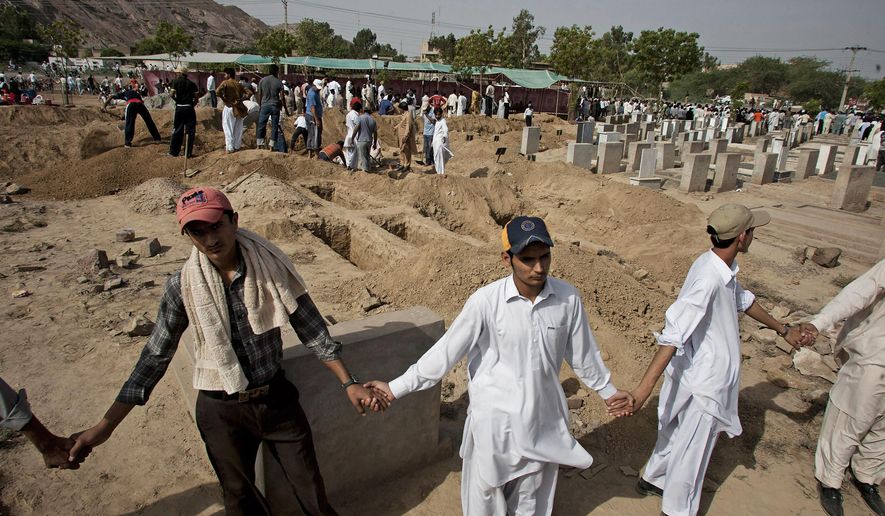While many Muslims in Africa live and practice their faith in peace, governments from Egypt to Guinea persecute minority Muslim communities, the U.S. Commission on International Religious Freedom reported Wednesday.
According to “Muslims in Africa,” a factsheet released by the independent panel, official discrimination against such minority groups tends to target the Shi’a and Ahmadiyya Muslim groups.
Also under various governments’ eyes are Muslims who support the Qur’anist, Tijaniyya and Qadiriyya schools of Islamic thought, the document states.
Egypt, for example, “refuses to recognize Shi’a Islam as an acceptable” practice, the report states. This means Shi’as cannot establish public or private places of worship, and several Shi’as have been accused of blasphemy or were prosecuted for having texts on Shi’a beliefs.
In Nigeria, followers of the Tijaniyya and Qandiriyya schools have been sentenced to death for alleged blasphemy.
Governmental persecution of Shi’as also exists in some of Nigeria’s northern states, where protesters suffered a violent crackdown in February 2019, the commission document reported. In the Comoros islands, 11 Shi’a were arrested for performing a ritual in public.
Ahmadiyya Muslims — a controversial subset of Sunni Islam that preaches a “separation of mosque and state” — are under governmental attack in Algeria and Egypt.
In 2020, Algerian authorities “reignited a campaign” against the Ahmadis, the report said. The group was charged with blasphemy and gathering without a permit, which the government has refused to grant.
In Egypt, Ahmadis were prosecuted for practicing their faith and their literature was banned, the commission document stated. As with the Shi’as, Ahmadis in Egypt are denied permission to establish public places of worship.
A bright spot for the Ahmadis is the Republic of the Gambia, the smallest nation in mainland Africa. There, a cabinet minister addressed an Ahmadi peace conference shortly after the nation’s Supreme Islamic Council, an independent body, had said the sect’s members were not Muslim.
Along with the reports of government repression, the commission’s factsheet notes several instances of attacks on Muslim leaders and holy sites as well as sectarian and political violence against Muslims.
There are at least 500 million Muslims in Africa, representing 45% of the continent’s population, the commission noted.
• Mark A. Kellner can be reached at mkellner@washingtontimes.com.




Please read our comment policy before commenting.